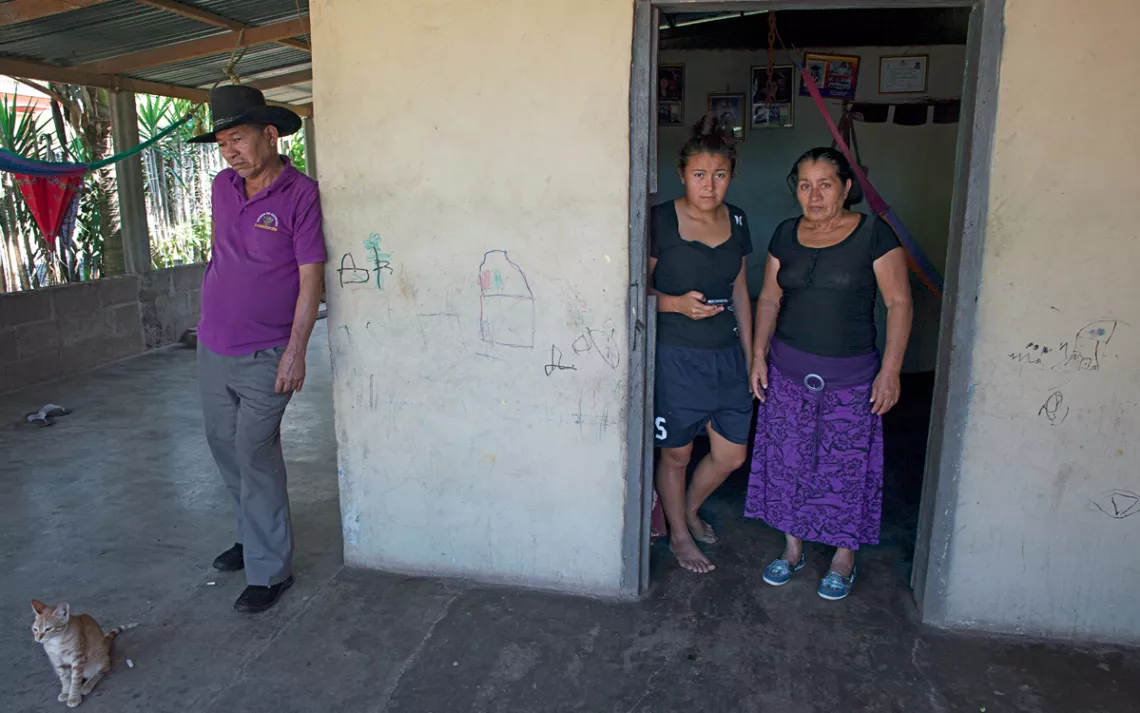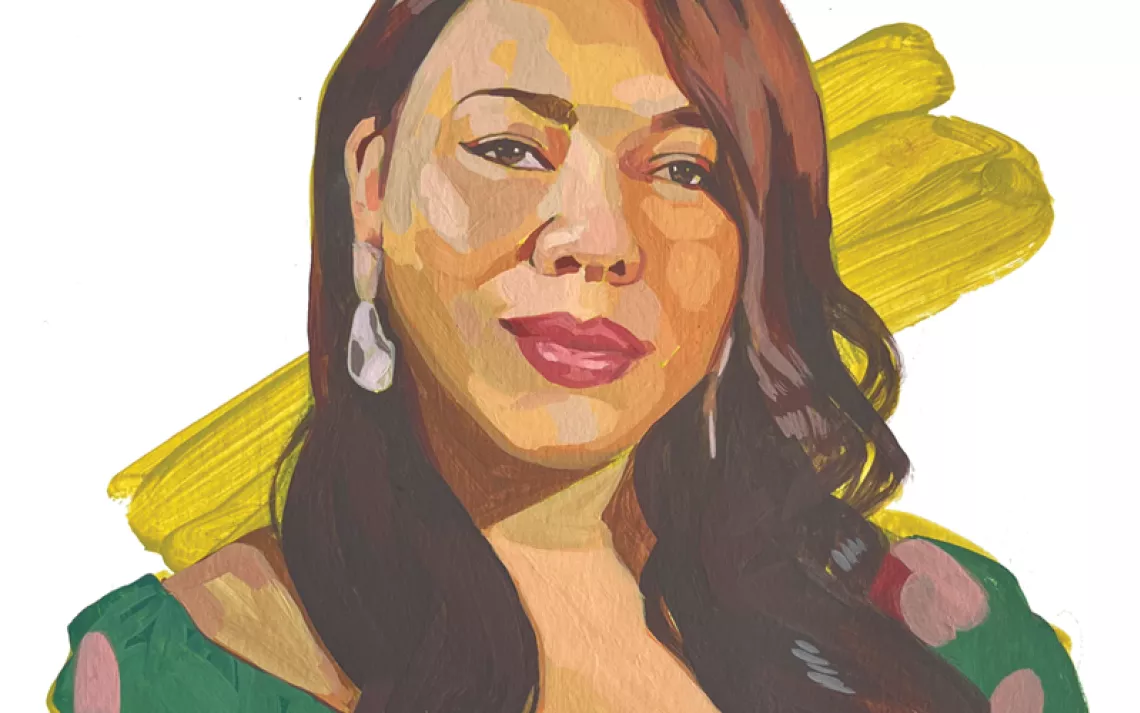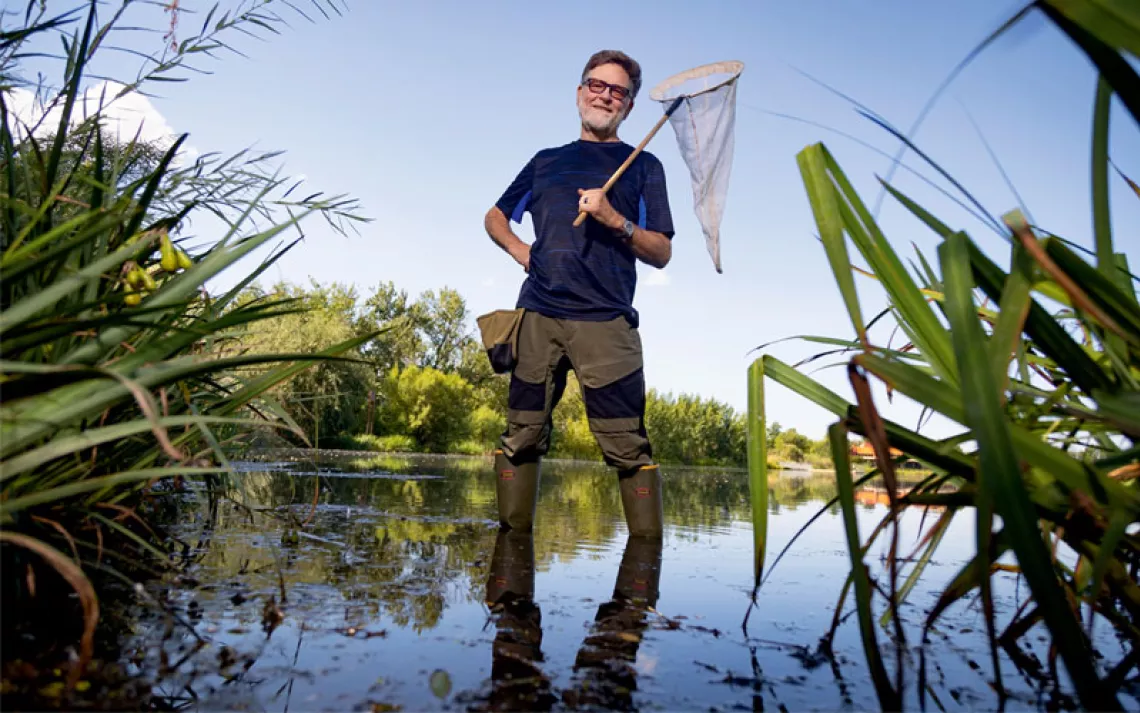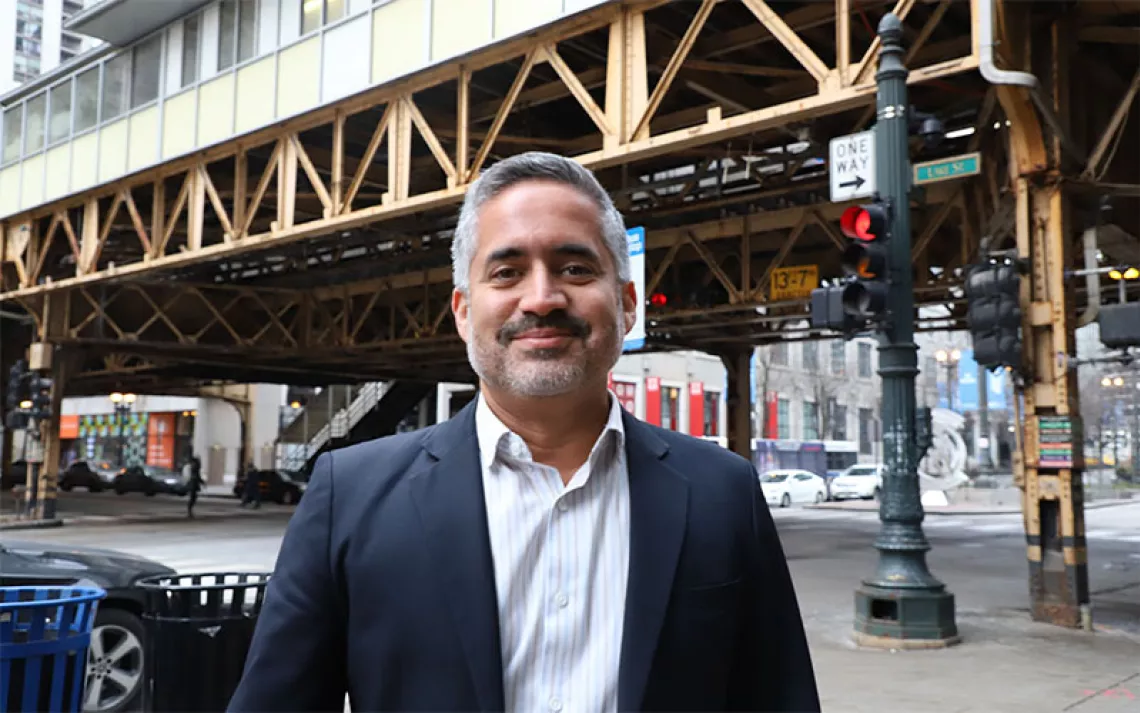No One Investigates Anything Here
In Honduras, social activists are routinely murdered

Roque Martínez Ramos's father, sister, and mother in their home in the Lower Aguán Valley, Honduras | Photo by Mónica González Islas
In a nation infamous for violence, no region has seen more politically motivated killings than Honduras's Lower Aguán Valley. Since January 2010, 153 campesinos, or small farmers, have been murdered there, according to the Unified Campesino Movement of the Aguán (or MUCA), and the perpetrators are almost never brought to justice.
This fertile agricultural area has long been a site of land conflicts. In the mid-1990s, corporate landowners rewrote agrarian reform laws and then began buying—and in some cases stealing—land owned by small palm oil businesses and cooperatives set up in the 1980s. In early June 2009, then-president Manuel Zelaya told the campesinos that the government would purchase the land and sign it over to them. Days later, Zelaya was deposed in a coup. The campesinos organized a number of land occupations in protest. A 2010 government-brokered deal promised a settlement with MUCA, one of several campesino organizations. Officials pledged to secure for the local farmers some 27,000 acres and offered additional health care, education, and housing services—though to date, the government has not delivered the land or any of the social services.
"With the agreement, we got beyond the problem of the evictions. They couldn't raid us anymore," campesino organizer Yoni Rivas told me. "But then that's when they began . . . provoking terror. That's when the killings began." A Rights Action report documented at least 88 murders between January 2010 and February 2013.
Rivas is the spokesperson for the Agrarian Platform, which represents organizations like MUCA. Rivas has been unable to go home or visit his family since October 18, 2016, the day his friends José Ángel Flores and Silmer Dionisio George were shot dead in front of a crowd of about 40 people.
Ángel Flores was the president of MUCA. After a meeting at a cooperative farm named, La Confianza (Confidence), as Ángel Flores and Dionisio George shook hands goodbye, two masked men walked up and opened fire. Dionisio George went down, and Ángel Flores took off running. He was met by two assassins around the corner. They shot him, too. Two of the four gunmen then returned to where a crowd was trying to revive Dionisio George. According to Rivas, the killers removed their masks and said, "Did you want to meet us? Here we are."
"They could have killed him alone, but no," Rivas said. "What they wanted to do was provoke terror." Rivas and others say those men remain in the area.
In 2014, the Honduran government established the Lower Aguán Violent Deaths Special Unit, or UMVIBA, to investigate the murders in the area. The special unit receives direct assistance from the U.S. embassy in Honduras, and I had occasion to view its investigative procedures while in the Lower Aguán Valley.
On February 23, I met with members of MUCA and the Agrarian Platform. Two days before, the Honduran congress had passed an anti-terrorism law. Someone commented that there is no terrorism in Honduras, to which Vitalino Álvarez, a MUCA spokesperson and a survivor of four assassination attempts, responded, "There is terrorism in Honduras—state terrorism."
During the meeting, I learned that three days earlier, a lifelong member of MUCA and the son of one of MUCA's ex-presidents had been murdered. Roque Martínez Ramos, 33 years old and the father of two young daughters, was hauling sand when bullets pierced the back of his tractor seat. Martínez Ramos got off the tractor and ran until his killers shot him and he fell to the dirt. His body had five bullet wounds in the back.
When Jeremías Martínez heard that his son had been shot, he rushed to the site. No one from UMVIBA had arrived at the crime scene, though the local police were there. Martínez asked them not to do an autopsy; he believed it would be an unnecessary desecration of his son's body, since an investigation would likely be fruitless. The police responded, "Don't worry, we'll do what we need to do here, then we'll give him to you." No representatives from the task force showed up to argue otherwise.
When I asked Martínez about this, he responded, "No one investigates anything here. Look, we have the murder of Berta Cáceres. She died for defending the rivers. The government says it captured the criminal. But who gave that criminal his orders? Where is that person?
"There is no justice," Martínez continued. "What can we do? Risk our lives. That's what we do."
In between sobs, Martínez Ramos's mother, Lidia, asked me to help get her husband and older son political asylum abroad. "I told my boy to leave," she said, "but he wanted to stay and help us. . . . We can't sleep at night. I'm very, very afraid."
I then accompanied MUCA spokesperson Álvarez to the federal prosecutor's office in Tocoa, the biggest town in the valley, to ask about Martínez Ramos's murder. The prosecutor told us, "Roque Martínez Ramos. He's not ours. The UMVIBA is going to take that case."
The UMVIBA is located in a two-story walled house in a residential neighborhood. When we arrived, a young man with a pistol on his hip opened the door. A number of similarly armed young men in civilian dress were lounging around, checking their phones.
Álvarez went to meet with one of the prosecutors while I waited in the hall. A few minutes later, a man introduced himself: Nelson Rohena, a contractor with the U.S. embassy. Rohena told me about the makeup of the UMVIBA—it has eight detectives, two prosecutors, a few administrative employees, and support from the Honduran federal prosecutor's office and the national police.
I asked Rohena how many active cases the UMVIBA had. "Approximately 120 unconfirmed cases," he said. "Among the 120 cases we are investigating, we are going through the list to determine how many cases are directly related to the [land] conflict."
I asked him how many murders had been solved. "I can't provide that information at the moment," Rohena said.
A few minutes later, another man approached us in the hall. Rohena introduced me to the man, Ángel, and said that he was in charge of the task force. I asked him about the murder of Roque Martínez Ramos. "Roque's case?" he asked. "What is it that you need about the case?"
Public information, I answered. Did they have an initial line of investigation? Had anyone been arrested?
"Look," Ángel said. "We don't have the case. We are not actually investigating it yet. The local prosecutor could give you information, the prosecutor in Tocoa. You can go look there."
"We just came from there," I responded. "They told me that you all have the case."
Evidently Jeremías Martínez was correct: No one investigates anything here.
 The Magazine of The Sierra Club
The Magazine of The Sierra Club







